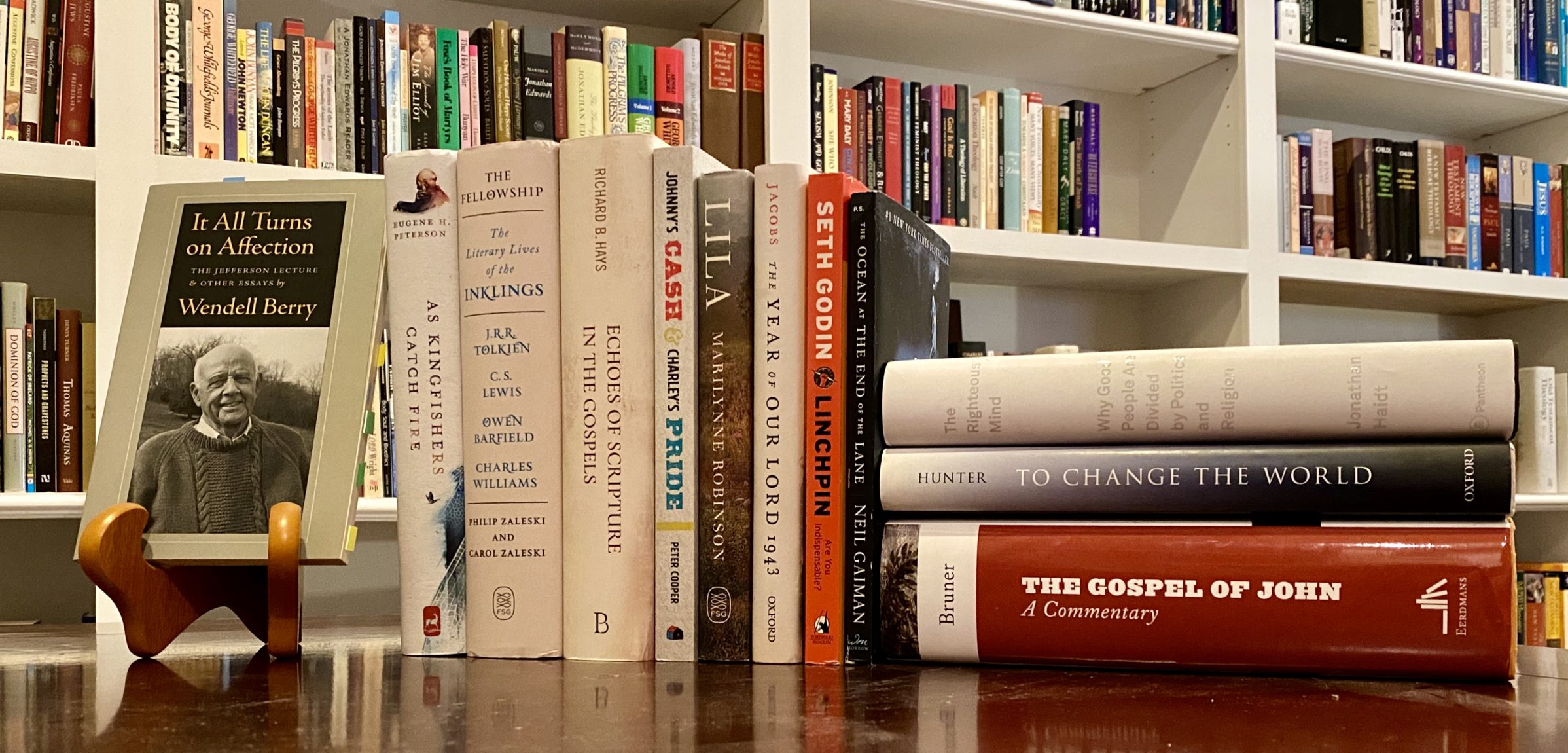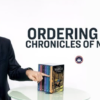As a thought experiment, I’ve tried to imagine going back a decade to tell my 2009 self what has happened since. Some of it would be delightful (“You have five sons now, instead of just four!”), some of it would be sad (“Your grandmother and your father-in-law are gone now”), and some of it would be incredible (“Donald Trump is president, Twitter is still around, Kanye West is a Christian, and Joshua Harris is not”). A lot has changed in a decade, which ought to remind us how much can change in the decade to come.
One thing that won’t change, though, is the printing of books. Ecclesiastes told us so long ago, “Of making many books there is no end” (Eccl. 12:12). That said, as the decade draws to a close I thought I would follow up my annual “Books of the Year” post with a “Books of the Decade” post. Most of these books I’ve written about elsewhere, so you can look those things up, if you like. Because of that, rather than give my assessment of the book I will instead offer up a key quote from each that I think pictures something of why it matters.
All the same caveats apply. I don’t agree with all of these books in whole or even, necessarily, in part, but they prompted me to think and feel in new ways. For convenience, I’ve listed them in chronological order. And, just like with my annual books list, I am sure I am forgetting a volume or two that should be here. Maybe my 2029 self will send a message back to let me know. Or you can, now.
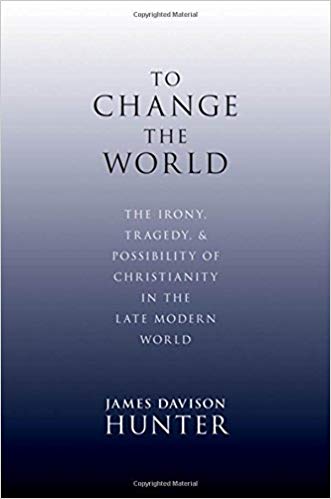
James Davison Hunter, To Change the World: The Irony, Tragedy, and Possibility of Christianity in the Late Modern World (Oxford University Press, 2010).
“The tragic irony is that in the name of resisting the dark nihilisms of the modern age, Christians—in their will to power and the ressentiment that fuels it—perpetuate that nihilism. In so doing, Christians undermine the message of the very gospel they cherish and desire to advance.”

Seth Godin, Linchpin: Are You Indispensable? (Penguin, 2010).
“If you get a chance, Google ‘More Cowbell’ and you’ll find what is certainly the most relevant Saturday Night Live skit of all time. There’s a lonely cowbell player in Blue Oyster Cult, and every time he plays the cowbell, he feels horrible. He’s standing out in a band that wants him to fit in. It takes a brilliant record producer to persuade him that if you’re going to play the cowbell, play the cowbell.”
“There are two reasons why it’s vital to know whom you are working for. The first is that understanding your audience allows you to target your work and to get feedback that will help you to do it better next time.
“The other reason? Because it tells you whom to ignore.
“If you don’t pinpoint your audience, you end up making your art for the loudest, crankiest critics. And that’s a waste.”
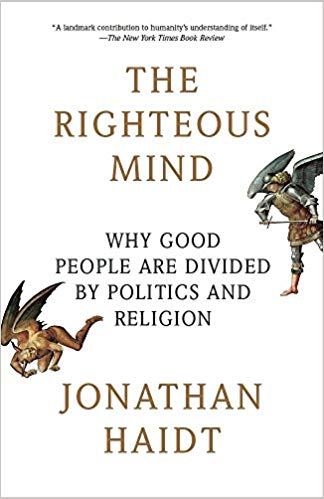
Jonathan Haidt, The Righteous Mind: Why Good People Are Divided by Politics and Religion (Pantheon, 2012).
“Intuitions come first, strategic reasoning second. Moral intuitions arise automatically and almost instantaneously, long before moral reasoning has a chance to get started, and those first intuitions tend to drive our later reasoning. If you think that moral reasoning is something we do to figure out the truth, you’ll be constantly frustrated by how foolish, biased, and illogical people become when they disagree with you…the mind is divided, like a rider on an elephant, and that rider’s job is to serve the elephant. The rider is our conscious reasoning—the stream of words and images of which we are fully aware. The elephant is the other 99 percent of mental processes—the ones that occur outside of awareness but that actually govern most of our behavior.”
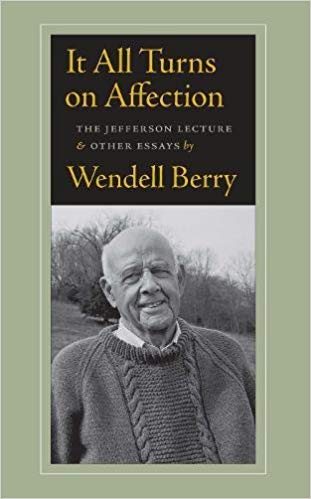
Wendell Berry, It All Turns on Affection: The Jefferson Lecture and Other Essays (Counterpoint, 2012).
“I will say, from my own belief and experience, that imagination thrives on contact, on tangible connection. For humans to have a responsible relationship to the world, they must imagine their places in it. To have a place, to live, and belong in a place, to live from a place without destroying it, we must imagine it. By imagination we see it illuminated by its own unique character and by our love for it. By imagination we recognize with sympathy the fellow members, human and nonhuman, with whom we share our place. By that local experience we see the need to grant a sort of preemptive sympathy to all the fellow members, the neighbors with whom we share the world. As imagination enables sympathy, sympathy enables affection. And in affection we find the possibility of a neighborly, kind, and conserving economy.”
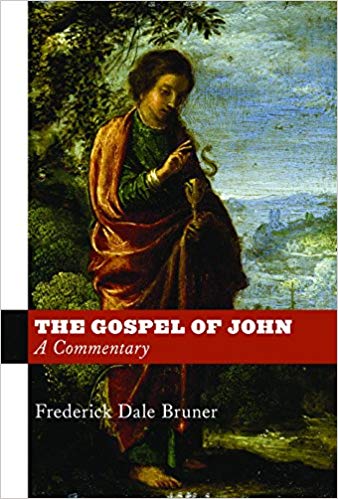
Frederick Dale Bruner, The Gospel of John: A Commentary (Eerdmans, 2012).
“The Cross says to Church and world, in brief, two basal truths: God loves you this much (the great doctrinal truth) and God wants you, too, to live this sacrificial way (the great ethical truth). Therefore the logic of the Gospel seems to be saying, if anyone (like the Son now) seeks any kind of glory in the future—God’s glory or one’s own—take this Cross-walk.”
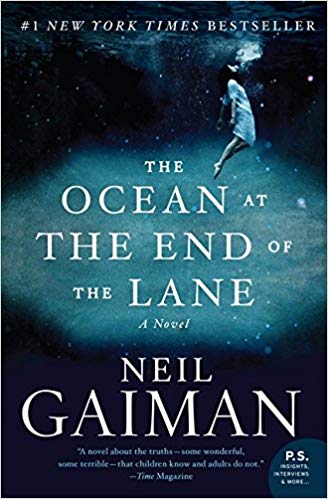
Neil Gaiman, The Ocean at the End of the Lane: A Novel (William Morrow, 2013).
“’If I burn this, I asked them, ‘will it have really happened? Will my daddy have pushed me down into the bath? Will I forget it ever happened?’
“Ginnie Hempstock was no longer smiling. Now she looked concerned. ‘What do you want?’ she asked.
“’I want to remember,’ I said. ‘Because it happened to me. And I’m still me.’”

Marilynne Robinson, Lila: A Novel (Farrar, Straus and Giroux, 2014).
“The old man worried over her reading in the Bible just at that place. So she told him she had looked at Jeremiah and Lamentations and thought she probably liked Ezekiel better. He nodded ‘Also very difficult.’ Then he told her that it is always important to understand that God loved Israel, the people in these books. He punished them whenever they were unfaithful because their faithfulness was important to the whole history of the world. Everything depended on it, he said.
“All right. She was mainly just interested in reading that the people were a desolation and a reproach. She knew what those words meant without asking.”
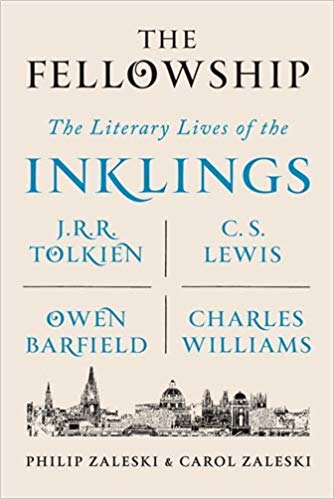
Philip Zaleski and Carol Zaleski, The Fellowship: The Literary Lives of the Inklings, J.R.R. Tolkien, C.S. Lewis, Owen Barfield, Charles Williams (Farrar, Straus & Giroux, 2015).
“One must bear in mind that friends shape each other in myriad ways, obvious and subtle, and not always detectable to the principals involved.”
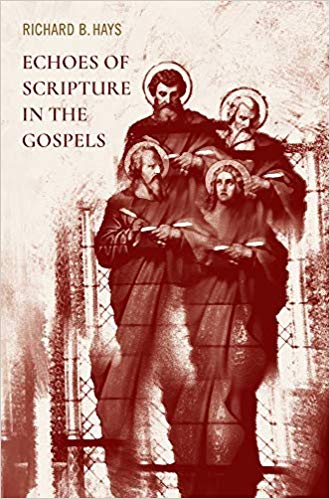
Richard Hays, Echoes of Scripture in the Gospels (Baylor University Press, 2016).
“But, alas, many Christian communities have lost touch with the sort of deep primary knowledge of Scripture—especially Israel’s Scripture—that would enable them even to perceive the messages conveyed by the Evangelists’ biblical allusions and echoes, let alone to employ Scripture with comparable facility in their own preaching and renarration of the gospel story.”
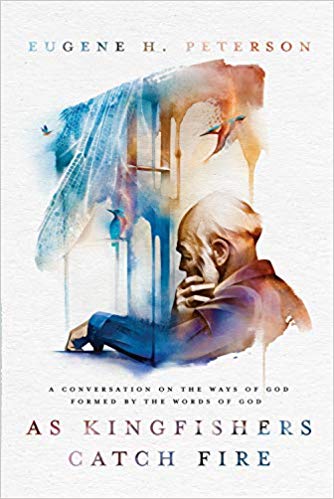
Eugene Peterson, As Kingfishers Catch Fire: A Conversation on the Ways of God Formed by the Words of God (Waterbrook, 2017).
“In the life, death, and resurrection of Jesus, all the scattered materials of truth and revelation were assembled into an organic whole, a stunning act of redemption. Messiah is put together out of the fragmented functions of king and priest, the work of ruling and the work of saving. The king represented God’s power to rule, to shape and guide life. The priest represented God’s power to renew, to forgive and to invigorate life. The king, associated with the palace, operated in the external realm of politics; the priest, associated with the temple, operated in the inner world of the spirit. The king was in charge of horizontal earthly relationships; the priest was in charge of vertical, heavenly relationships. The one gave structure to life; the other gave life to the structure.
“In Messiah the two acts are parts of a whole: God rules and God saves. All the parts of the universe fall into place. All the longings of the spirit find a single goal. The life without and the life within become a single life: the life of God in Jesus Christ, King and Priest, Lord and Savior.
“Jesus Christ becomes the putting together and centering of all things.”
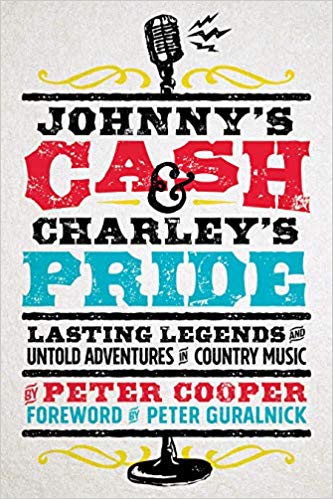
Peter Cooper, Johnny’s Cash and Charley’s Pride: Lasting Legends and Untold Adventures in Country Music (Spring House Press, 2017).
“Johnny Cash was reminiscent of no one. No one as a singer. No one as a songwriter. No one as a person. He was a singular force, communally received.
“And, while most country music standouts inspire imitators, Cash did not. After Jimmie Rodgers died in 1933, generations mimicked his Mississippi drawl and blue yodel. Lefty Frizzell’s sliding, slurring singing style inspired Merle Haggard to sing in a similar manner, and ever since Haggard’s first hits in the mid-1960s ‘traditional’ country singers have been imitating Haggard (and, thus, imitating Lefty Frizzell).
“If you sing like Haggard, you are a traditionalist. But if you sing like Cash, you are just doing a Johnny Cash impression.”
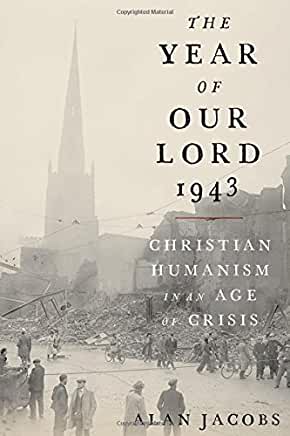
Alan Jacobs, Year of Our Lord, 1943: Christian Humanism in an Age of Crisis (Oxford University Press, 2018).
“Each of the writers I have studied here worked with astonishing energy to rescue their world for a deeply thoughtful, culturally rich Christianity, and to rescue that Christianity for their world. They put forth every effort to redeem the time. But on the sounding of the war’s last siren, they awoke and found that the problem they all had to face was ‘what to make of a diminished thing.’”

